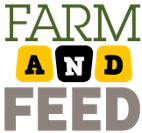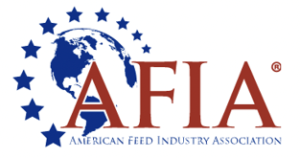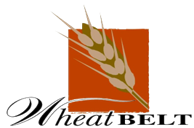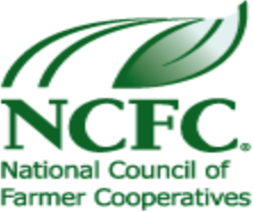
The Farm and Feed Network created FeedBusiness.com to be its product development and supply business for farm and feed stores, feed stores, farm elevators, agriculture schools, agrihoods, e-commerce platforms and more.
- Pet Treats
- Dog Food Products
- Rawhides
- Pet Accessories
- Cat Food Products
- Pet Remedies
- CBD Products
- Leashes and Collars
- Equine Products
Feed manufacturers are an essential component in adding value to the production and supply of America’s raw materials for conversion into stock feed which commercial livestock owners use to produce higher value meat, milk, eggs and wool. The stock feed industry also provides hobby farmers, backyard and leisure livestock owners with high quality and reliable feeds for their animals.
There are 5,800+ animal food manufacturing facilities in the U.S. producing more than 284 million tons of finished feed and pet food each year. The mill sizes vary tremendously from a small on-farm mixer to a modern, computerized system with few human operators making more than 1 million tons of feed each year for swine or poultry operations.
Source: www.afia.org



In the 1800s, entrepreneurs and inventors in the flour milling, brewing and sugar milling industries began wading into animal nutrition, developing food and beverage processing systems and new ways to use byproducts in feed. As the science of animal nutrition evolved, soon, state regulatory agencies began to take note of this burgeoning industry.
In 1906, Congress enacted the landmark Federal Pure Food and Drug Act, which gave federal officials the authority over feeds shipped in interstate commerce. Realizing a need to stay informed about these new regulations, in 1909, the industry assembled in Chicago and created the American Feed Manufacturers Association, the organization from which AFIA stems.
When the AFMA and the Midwest Feed Manufacturers Association agreed to merge in 1974, it highlighted the broad question about how to represent the total feed industry. During the 1980s and 1990s, the AFMA changed its name to the American Feed Industry Association and merged with the Grain Equipment Manufacturers Association, National Feed Ingredients Association and the Alfalfa Processors Association.
www.afia.org


Established in 1954, Mid-States Distributing Company, Inc. (“Mid-States”) is the leading Farm, Ranch and Home Retail Cooperative. Its cooperative consists of 36 independent, privately held, financially sound Farm, Ranch & Home retailers (“Members”) who are committed and loyal to their fellow Members and the betterment of all.
The Members have approximately 700 retail store locations throughout the United States and Canada generating over $6.5 billion of annual retail sales. Its Members merchandise items such as agriculture parts & supplies, petroleum products, tools & hardware, pet food, lawn & garden, animal health supplies, apparel & footwear, sporting goods as well as other products for the Farm, Ranch and Home.
www.msdist.com/
Wheatbelt is a Stockholder-Owned Distributor, which works primarily with drop ship programs direct to the retailer. Being a stockholder-owned company, we provide these programs at the most competitive pricing available. The combined purchasing strength of its numerous Wheatbelt members provide every-day low prices.
www.wheatbeltusa.com
The Agricultural Retailers Association advocates, influences, educates and provides services to support sellers of seeds, nutrients, crop protection products, farm equipment, precision technology and agronomic services.
 Since 1929, the National Council of Farmer Cooperatives (NCFC) has been the voice of America’s farmer cooperatives. Our members are regional and national farmer cooperatives, which in turn consist of nearly 2,500 local farmer cooperatives across the country. The majority of America’s 2 million farmers and ranchers belong to one or more farmer cooperatives. NCFC members also include 18 state and regional councils of cooperatives. Farmer cooperatives handle, process and market almost every type of agricultural commodity; furnish farm supplies; and provide credit and related financial services, including export financing. Earnings from these activities are returned to their farmer members on a patronage basis, helping improve their income from the marketplace. Farmer cooperatives also provide over 250,000 jobs, with a total payroll in excess of $8 billion, and contribute significantly to the economic well-being of rural America.
Since 1929, the National Council of Farmer Cooperatives (NCFC) has been the voice of America’s farmer cooperatives. Our members are regional and national farmer cooperatives, which in turn consist of nearly 2,500 local farmer cooperatives across the country. The majority of America’s 2 million farmers and ranchers belong to one or more farmer cooperatives. NCFC members also include 18 state and regional councils of cooperatives. Farmer cooperatives handle, process and market almost every type of agricultural commodity; furnish farm supplies; and provide credit and related financial services, including export financing. Earnings from these activities are returned to their farmer members on a patronage basis, helping improve their income from the marketplace. Farmer cooperatives also provide over 250,000 jobs, with a total payroll in excess of $8 billion, and contribute significantly to the economic well-being of rural America.

